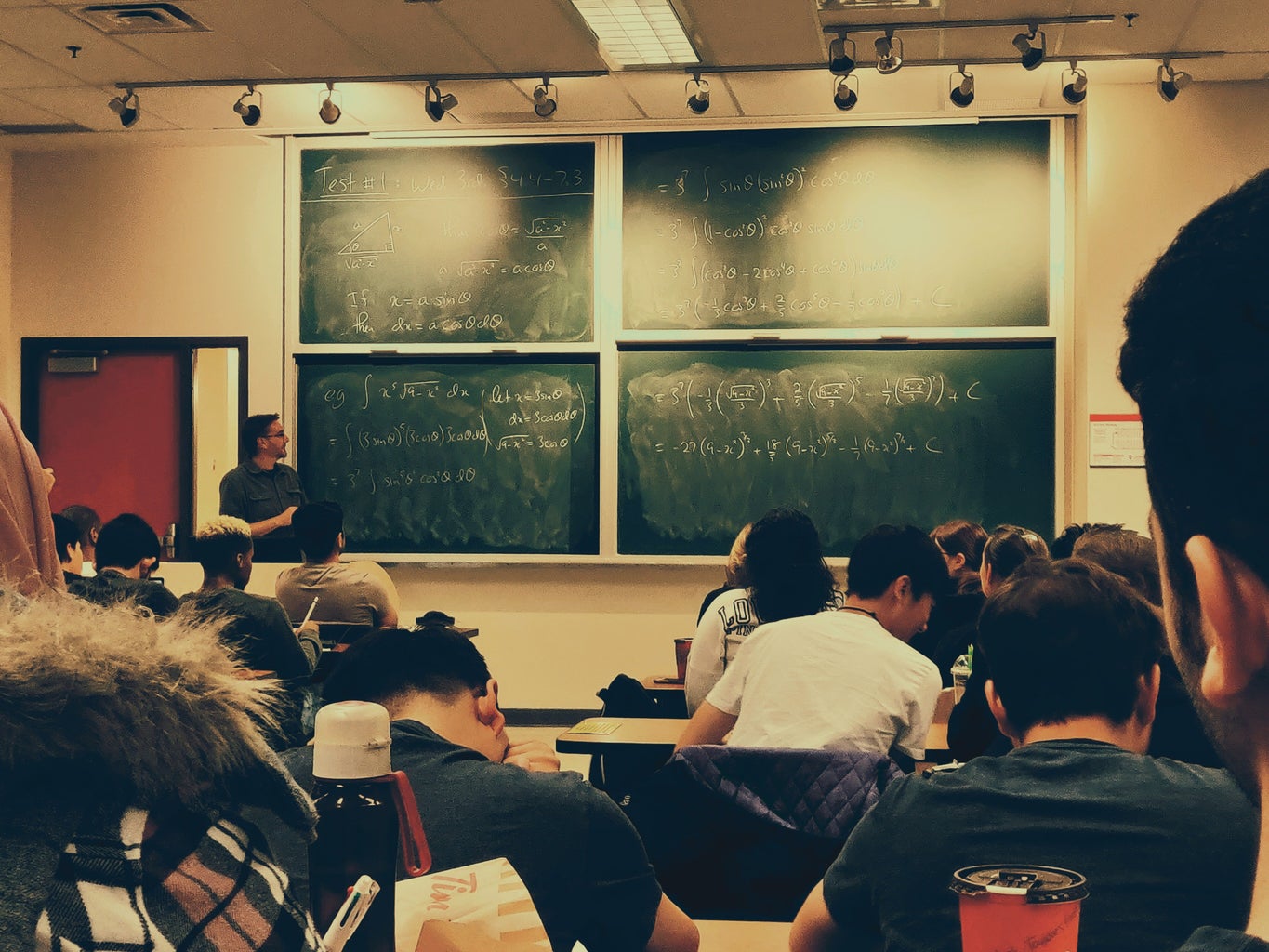An updATE AFTER TWO YEARS OF BANNING WOMEN’S EDUCATION
Basic Information
On September 17, 2021, the Taliban began restricting women’s education past the age of 11. The reason for this banning is their interpretation of Sharia Law. Sharia or Islamic law are the religious ideologies that structure the country’s government that are based solely on the Taliban’s interpretation of the law in Afghanistan.
During this initial stage of restriction, they proposed high schools that girls could attend, but ultimately decided this was against their beliefs. They believe that it is a secular idea that women should be allowed to seek higher education, making it a direct violation of their interpretation of Sharia Law. They have become the only country in our world today that has placed restrictions on women’s education.
Current Issues
The United Nations held a meeting in New York City on Monday, September 18, 2023. Throughout this meeting, there was debate about the ethicality of recognizing the Taliban as the form of government in Afghanistan despite its violation of basic rights. These violations have led to the struggle for the Taliban to be recognized upon their request.
The living conditions for women in Afghanistan are becoming of higher concern globally. Not only are they restricted from education, but there are increasing concerns of the health and wellness of many Afghan women. Many institutions that women have worked in have been shut down or replaced by male counterparts, making it difficult for women to earn wages.
This has brought about an even greater concern for women’s mental health within Afghanistan. In an interview published by the United States Institute of Peace, Care USA worker Ellen Bevier states, “The education ban has also hindered educational outcomes and led to mental health challenges for women and girls who are now uncertain of their futures and isolated from support systems.” This worsening state of isolation and restriction is one of the main concerning points being discussed by humanitarian organizations. The decline of rights for Afghan women has led to much involvement for humanitarian organizations. They are helping the women in Afghanistan with resources that will improve their health circumstances.
Impact on Afghanistan
The biggest impact that this issue has on Afghanistan currently is the state of health care. The Associated Press commented, “Female medical students had their studies halted after last December’s Taliban edict banning higher education for women. Afghan women work in hospitals and clinics— health care is one of the few sectors open to them — but the pipeline of qualified people will dry up.” This will not only affect the wider population of Afghanistan but especially the women because it is against the law for women to be seen by male health care professionals. This ban has severely limited Afghan Women’s ability to remain healthy and seek aid.
Another important impact this has is Afghanistan’s economic climate. The banning of school for many women has led many people to lose jobs. This is an important source of income for many and has led to a decline in their economic state. An article published by UNICEF states, “If the current cohort of three million girls were able to complete their secondary education and participate in the job market, girls and women would contribute at least US$5.4 billion to Afghanistan’s economy.”
This humanitarian crisis taking place in Afghanistan is an event that illustrates the importance of education as a basic human right. It is important to stay current on these events as they unfold and provide help in any way possible.




